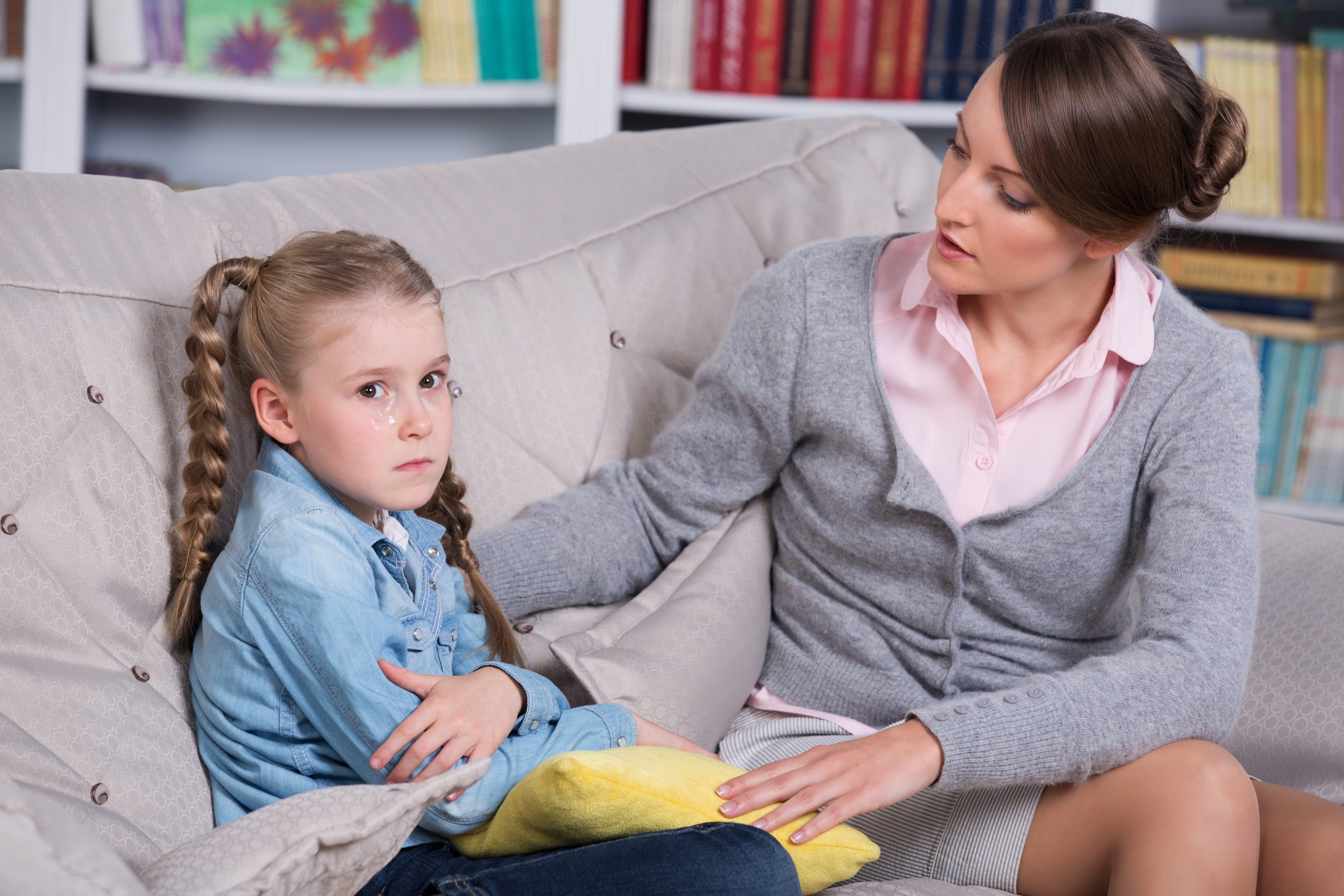In Melbourne, parents are committed to supporting their children’s wellbeing emotionally, socially, and academically. Yet even the most loving and attentive parent can face a moment of quiet unease: Is my child struggling in ways I cannot see or cannot reach?
The idea of seeking help from a children psychologist Melbourne services can bring mixed feelings. For some, it is a relief; for others, a silent fear or even guilt, that they don’t know how to help their children. I want to assure you that is not the case. Raising children in these times can be more difficult than past generations. Specially where family members may be living in various parts of Australia or the world, where there are sole parents or guardians, or if there are no available grandparents to support.
In therapeutic work, things are different, we understand that seeking help is not about diagnosing a child, but rather about opening a space in my work with you and your child for their voice and what may be causing difficulty or distress. The voice that might otherwise be silenced by symptoms, classroom instructions and work demand that are difficult for the child to interpret or are ambiguous, behaviours of other peers, or different schooling practices. Early psychotherapy intervention can assist with difficulties from becoming long-standing compounding issues which may manifest as inattention, adhd, mood issues just to name a few. Working together we can create space for the child so they can learn about their capacity and limits, and for the parent to gain some understanding with the assistance of an experienced child psychologist in Melbourne.
Psychotherapy Can Make a Difference

A child is a speaking being, and children’s worlds are complex. When distress is unaddressed, it can affect their ability to learn, to form relationships, and to engage with the world. Lacan once reminded us that symptoms have meaning and can be interpreted as messages, often coded and a skilled child psychotherapist can interpret them. A withdrawn child, for example, may not be “shy” in a simple sense, but could be expressing an unspoken conflict, unprocessed loss, anxiety or phobia.
In Melbourne’s fast-paced and academically driven culture, children can be under much pressure from school systems, extracurricular demands, and even the subtle emotional atmosphere at home. By recognising early signs of distress, parents can act before these pressures crystallise into firm issues or trauma that manifest long term in a child’s sense of being in the world.
How Things May Be Happening For A Children

While each child’s experience is unique, the following signs may indicate it’s time to consult a child therapist. We don’t need to look for these things, usually as parents we have a sense, and as a psychotherapist in Melbourne, I can speak with your child through play, or talking, or both to see together how these things may be happening and unfolding for them.
Frequent Emotional Outbursts
Intense anger, tears, or frustration that occur often and seem disproportionate to the situation may point to underlying emotional struggles. In psychoanalytic terms, these could be moments where the child’s internal world overwhelms their capacity to regulate, spilling into visible action.
Persistent Anxiety or Sadness
Temporary moods are part of life, but if a child appears persistently anxious, sad, or hopeless, it is worth exploring further. Melbourne schools sometimes misread such signs as “quiet” or “sensitive,” but they can indicate a deeper difficulty.
Withdrawal from Friends or Family
A sudden or sustained retreat from relationships — not wanting to play, avoiding family activities — may suggest the child feels disconnected or misunderstood. In the analytic space, such withdrawal is often a form of silent speech.
Troubles at School
Whether through falling grades, disruptive behaviour, or frequent absences, trouble at school is often the symptom that gets noticed first. Teachers may see a change, but understanding why requires a closer, more personal listening.
Sleep Disturbances
Difficulty falling asleep, frequent nightmares, or waking in the night can signal anxiety or unresolved emotional tension. These moments between waking and sleeping are often where the unconscious speaks most vividly.
Aggressive or Defiant Behaviour
Persistent defiance or aggression may mask feelings of powerlessness or confusion. The behaviour might be the child’s attempt to claim a space for themselves in a world that feels overwhelming.
Excessive Worry or Perfectionism
Children who strive to do everything “just right” may be carrying a hidden burden, the belief that their worth depends on flawless performance. Melbourne’s high-achievement culture can amplify things.
Regressing to Younger Behaviours
Returning to earlier developmental behaviours, such as bedwetting or excessive attachment concerns, may signal stress, loss, or a change in the family such as arrival of a new child. This regression is not “immaturity” but a way of seeking safety perhaps.
Difficulty Concentrating
Trouble focusing can have many roots: anxiety, boredom, or emotional distress. The classroom environment in Melbourne, with its structured pace and performance expectations, can make such difficulties more visible.
Talking About Self-Harm or Hopelessness
Any mention of wanting to hurt oneself, or expressions that life is pointless, should be taken seriously and addressed immediately. These are moments when the child’s speech breaks through the surface, demanding urgent listening and care.
When to Seek Help
As a parent, you know your child better than anyone. Trust your instincts. If you notice a recurring issue or if something simply does not feel right, it is worth seeking a child psychologist’s support. The earlier a child receives support, the greater the chance of working through difficulties before they becoming entrenched.
Finding a Children’s Psychologist in Melbourne

Working with a children psychologist Melbourne based means you are engaging someone who understands the local educational landscape, community resources, and cultural context. They may already be familiar with your child’s school system, making collaboration smoother. I have several years of experience working as a school psychologist.
Where to Start:
- Speak to your GP for a referral under the Medicare system.
- Approach the school counsellor for observations and recommendations.
- Contact local clinics that specialise in child and adolescent mental health.
We can discuss your concerns in a consultation:
The first session can be with the family including the child, or sometimes with parents alone, followed by sessions with the child. We can discuss these things together when you make an enquiry. In a psychoanalytic therapy approach, the process involves careful listening, and attending to the child’s own way of speaking, playing, and expressing themselves. This therapy is about giving the child space to be heard in ways they cannot be in the everyday family or school setting.
A symptom, as Lacan reminds us, is not simply an error to be corrected, it is a message that can be interpreted by a trained psychotherapist. I have many years of experience and training in my listening. We can work together to engage the help when needed, to offer your child the possibility of being heard and understood in a different way.
